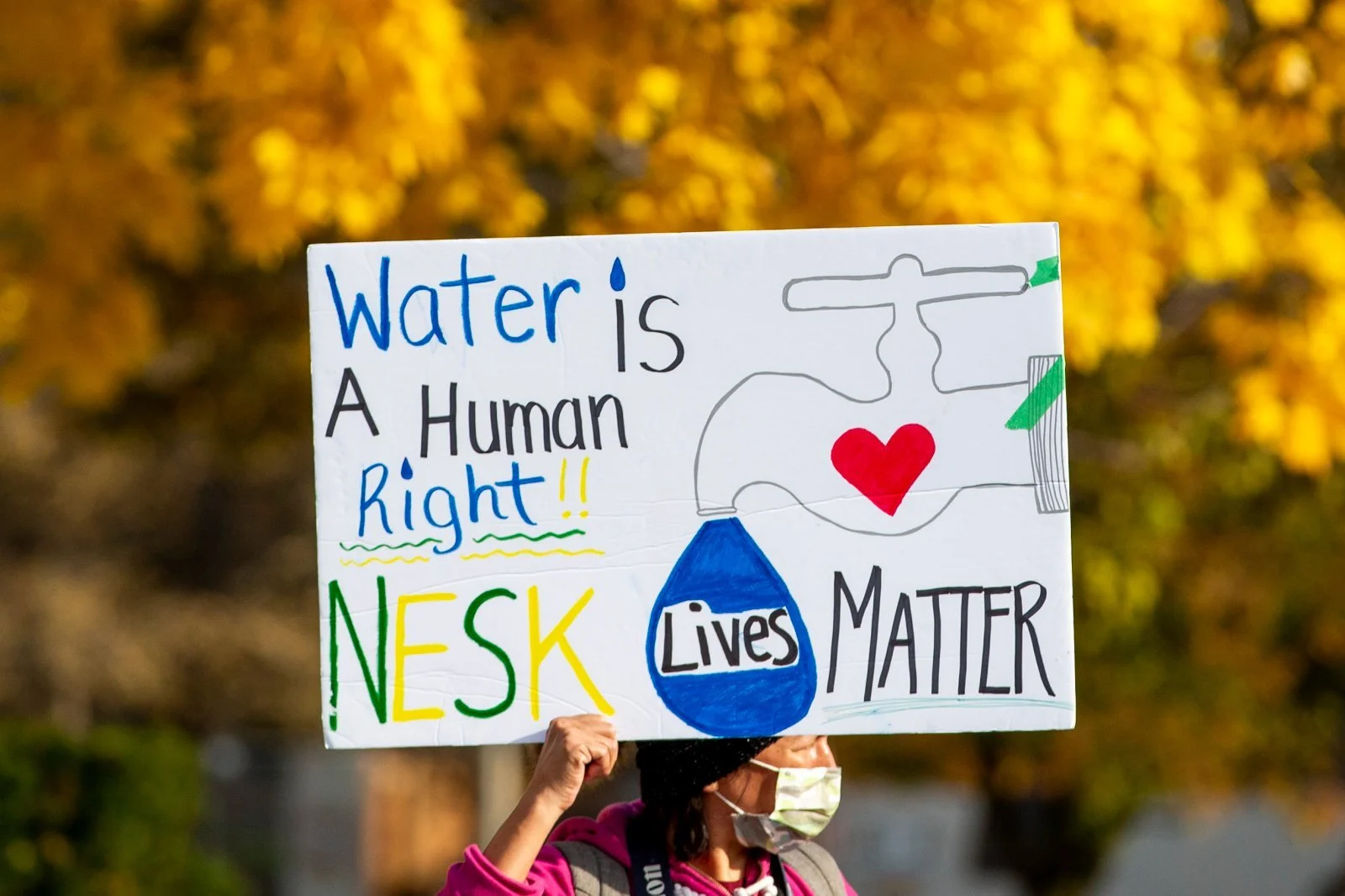In 2021, Federal Court approved a class-action settlement between Canada and several First Nations that were subject to long-term drinking water advisories from 1995 to 2021. Now, settlement negotiators have extended the deadline for First Nations to submit a claim until March 7. If the Band Council Acceptance Resolution that a First Nation files with the settlement administrator is accepted, it will receive a $500,000 base payment and be eligible for additional payments of up to 50% of the amounts paid to eligible individuals in the community.
Curve Lake First Nation chief says pending water settlement will have meaningful impact for community
Curve Lake First Nation Chief Emily Whetung is optimistic there will soon be clean water in her community following Federal Court approval of a water class action settlement agreement on Dec. 22, which includes a commitment of at least $6 billion for safe drinking water on reserves and $1.5 billion in compensation for individuals deprived of clean drinking water. A 60-day appeal period follows the courts’ approval of the agreement, “so it’s the last piece,” Whetung said.
Supreme Court sides with Lac Seul First Nation over flooding compensation
The Lac Seul First Nation of northern Ontario has won a key round in its long fight to be properly compensated for the flooding of its lands caused by construction of a dam. In an 8-1 ruling Friday, the Supreme Court of Canada set aside a $30-million award and sent the matter back to the Federal Court for reassessment. A hydroelectric dam to supply power to Winnipeg was built in 1929 under an agreement between Canada, Ontario and Manitoba.
How colonial systems have left some First Nations without drinking water
Rebecca Zagozewski, executive director of the Saskatchewan First Nations Water Association, said she has seen contractors save on costs when building water treatment plants on reserves by using obsolete parts and failing to include maintenance manuals, ventilation or chemical rooms, and bathrooms. “Engineering companies will put in their bids obviously as low as they can go,” said Zagozewski.





